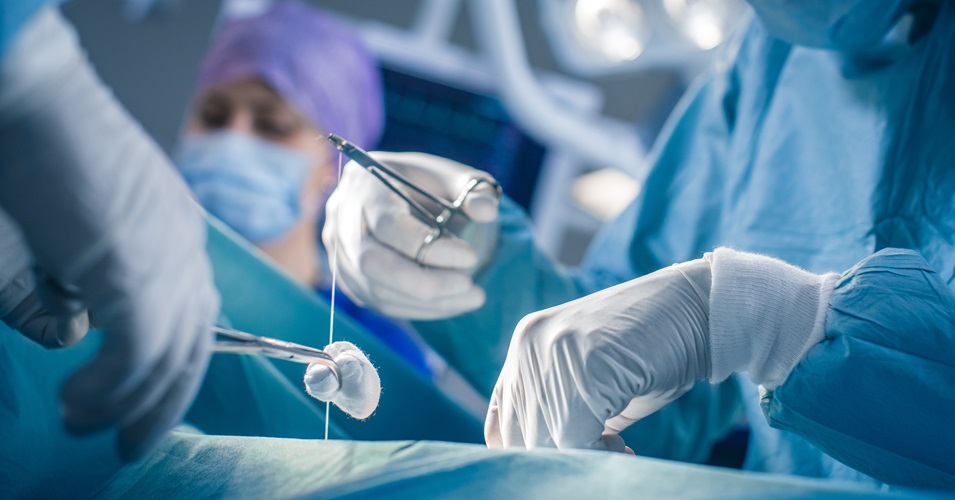Advocate Aurora Health has launched a single-center, investigator-initiated clinical trial to evaluate different closure strategies following minimally invasive heart procedures that require access to a patient’s major vein.
Open only at Aurora St. Luke’s Medical Center in Milwaukee, the study compares the safety and efficacy of a venous closure device, Abbott’s Perclose ProGlideTM Suture-Mediated Closure (SMC) System, to conventional methods of closure, such as a figure-eight suture and manual compression, following venous access procedures.
“Use of a venous closure device may shorten time to hemostasis, or the time it takes to stop blood flow, which reduces the risk of complications,” said cardiovascular disease specialist and electrophysiologist Mohammad Mortada, MD, principal investigator for the study. “Such devices may also reduce a patient’s time on bed rest and length of hospitalization, which could ultimately improve patient satisfaction and drive down total costs.”
Advocate Aurora cardiology fellow Mahmoud Ali, MD, initiated the study. Subinvestigators include Advocate Aurora Research Institute’s Lynn Erickson, senior research associate, and Sara Walczak, research coordinator.
“The device has been shown in a small study to lower the time to ambulation and shorten the length of stay compared to manual compression,” Erickson said. “To our knowledge, there have been no randomized clinical trials published that compare the efficacy and safety of Perclose ProGlideTM SMC to a figure-eight suture method.”
To qualify for the study, patients must be scheduled to undergo one of three venous-access procedures: atrial fibrillation ablation, WATCHMAN device placement and patent foramen ovale closure. Participants will then be randomly selected to receive venous closure through one of three methods: Perclose ProGlideTM, figure-eight suture or manual compression.
Researchers plan to enroll up to 150 participants in the study and collect follow-up data for up to 30 days after the procedure.
“Studies such as this that may help reduce length of hospitalization are of particular interest right now as hospitals work to keep beds available for a potential surge in COVID-19 in-patients,” said Jessica Kram, MPH, manager of translational research for Aurora UW Medical Group.
The study, “Suture Closure AFtEr VEIN Access for Cardiac Procedures (SAFE-VEIN) Trial (SAFE-VEIN),” is sponsored by Advocate Aurora Health.
To learn more about Advocate Aurora’s research, visit aurora.org/research.
